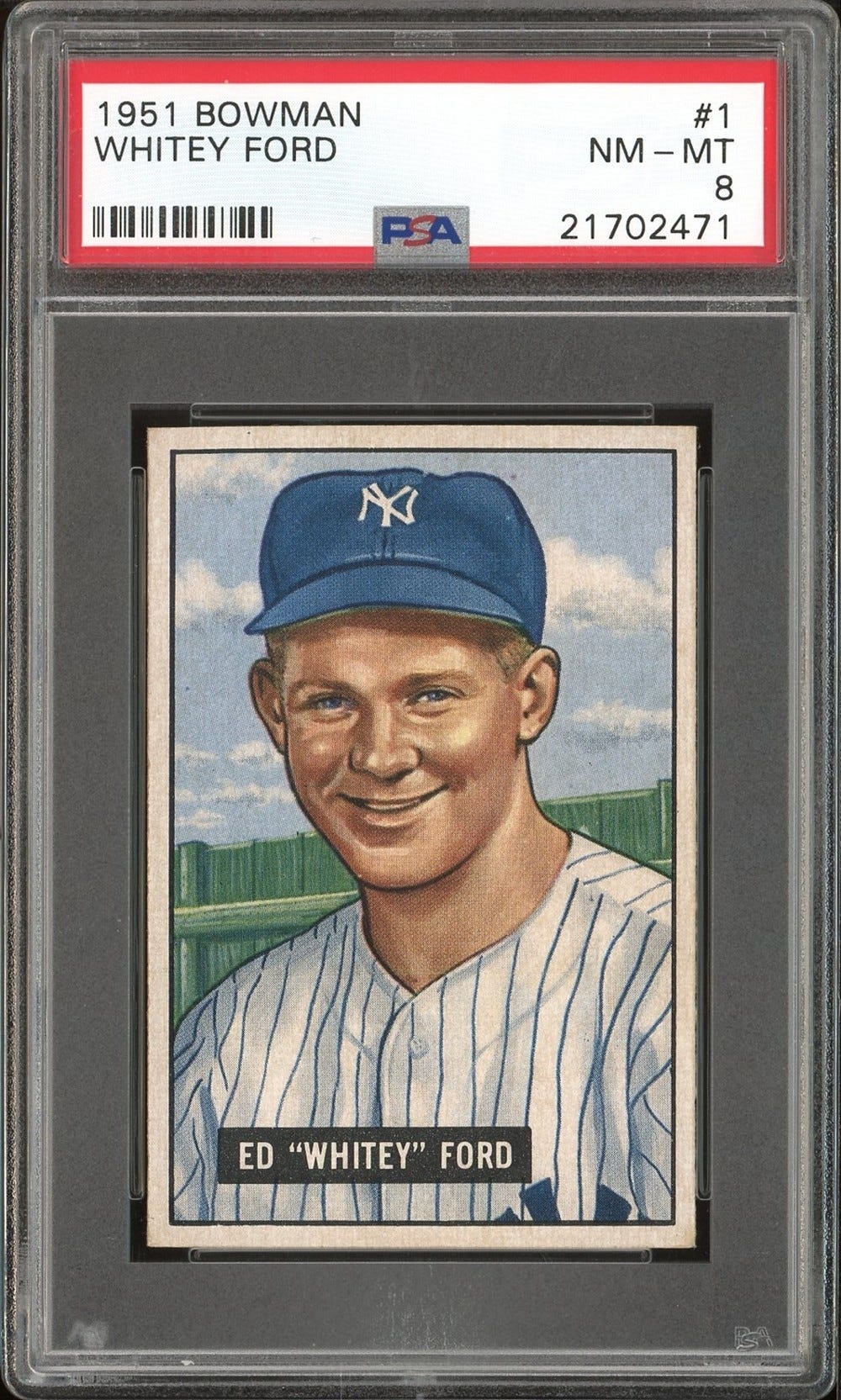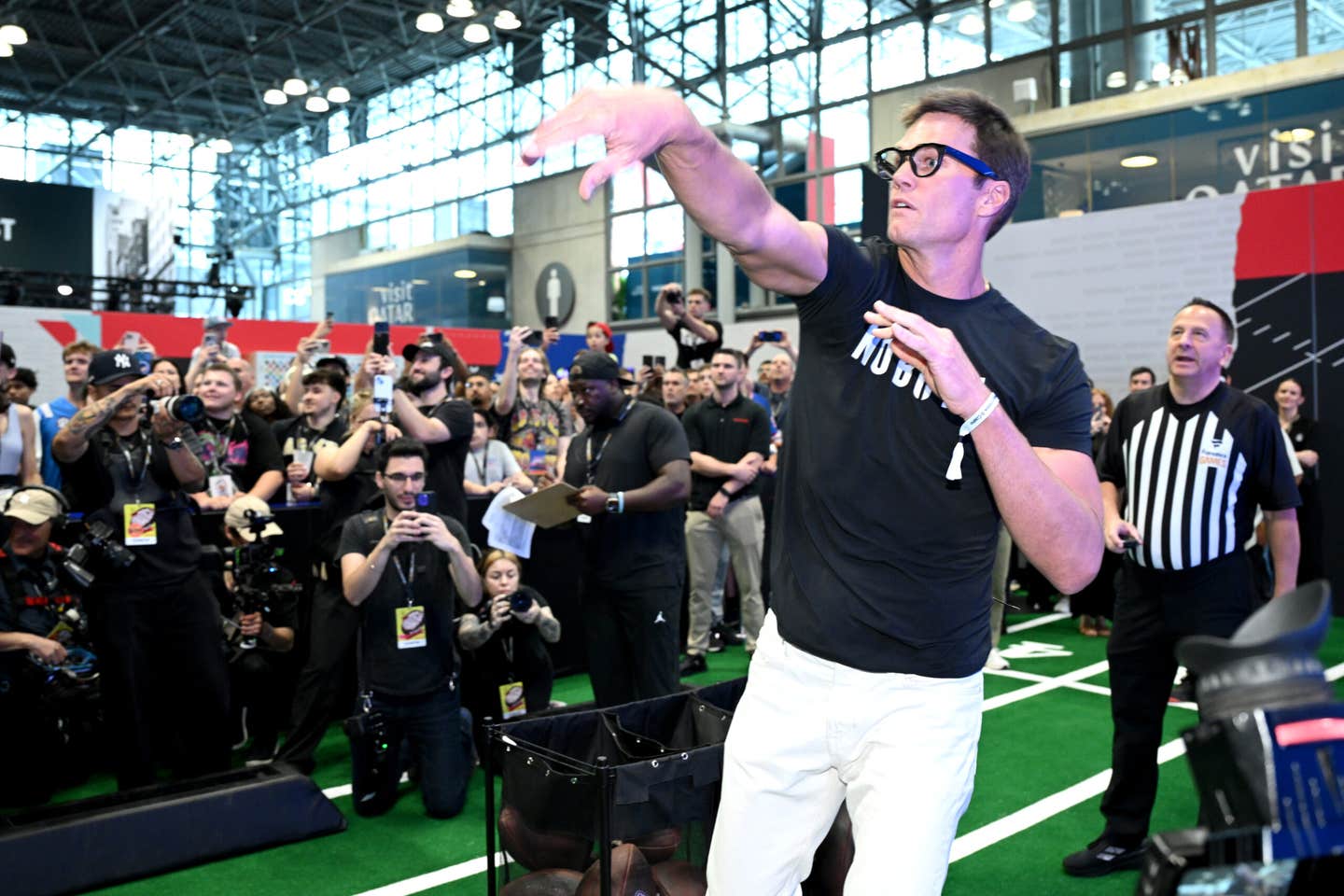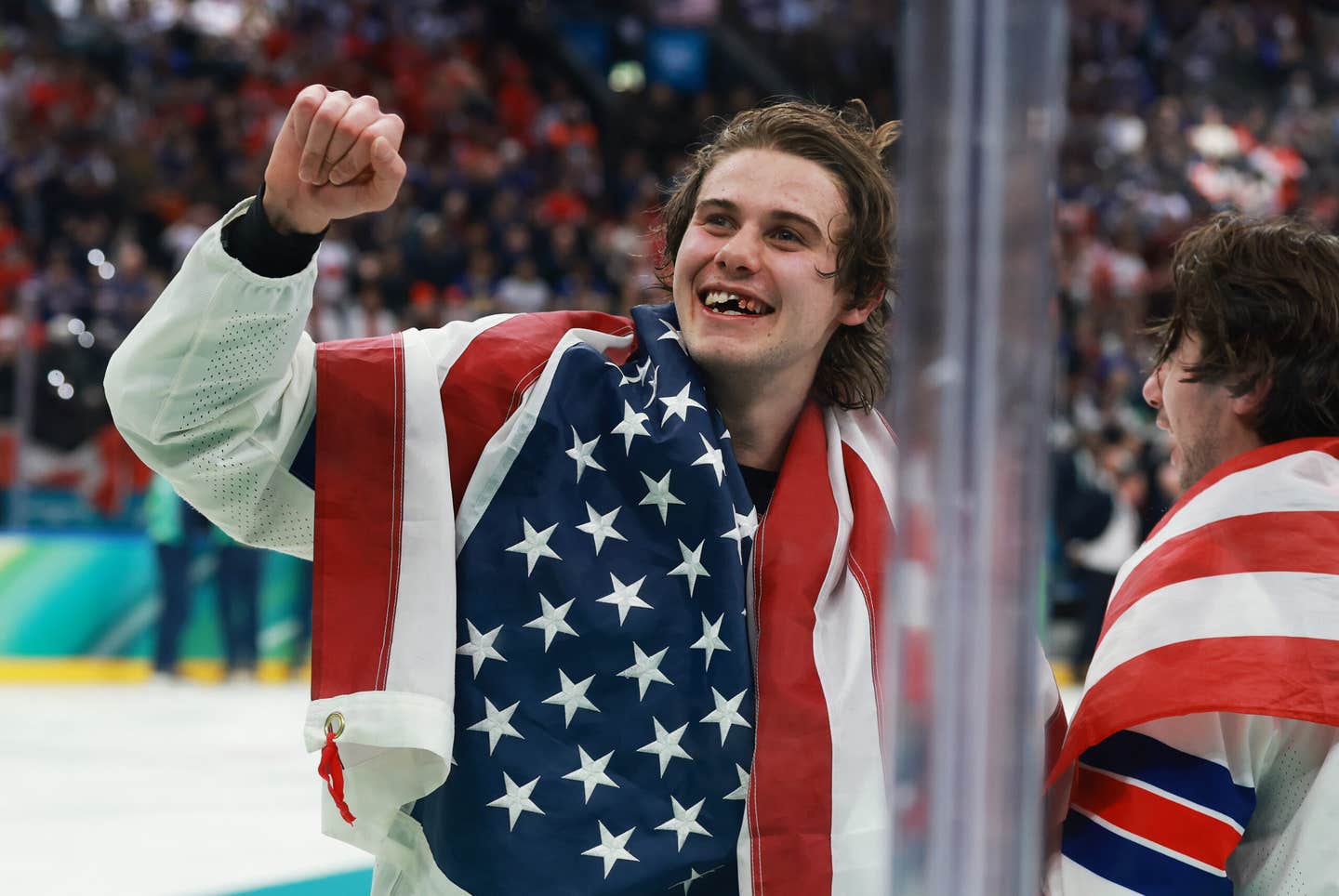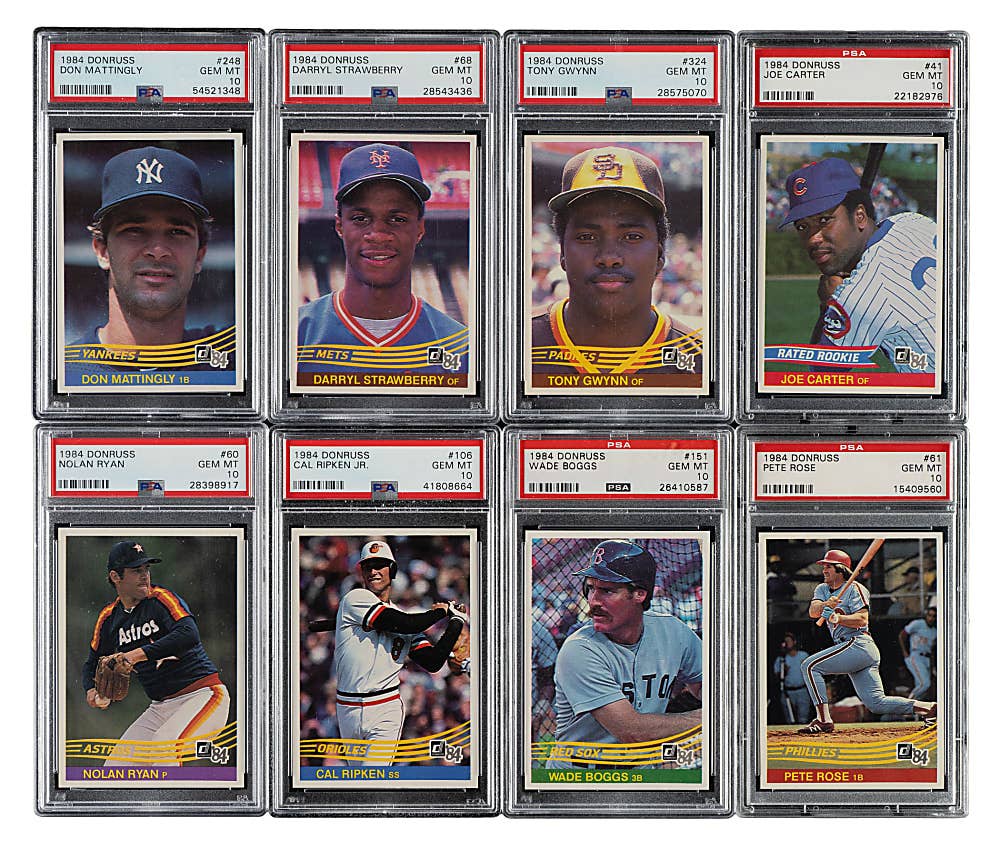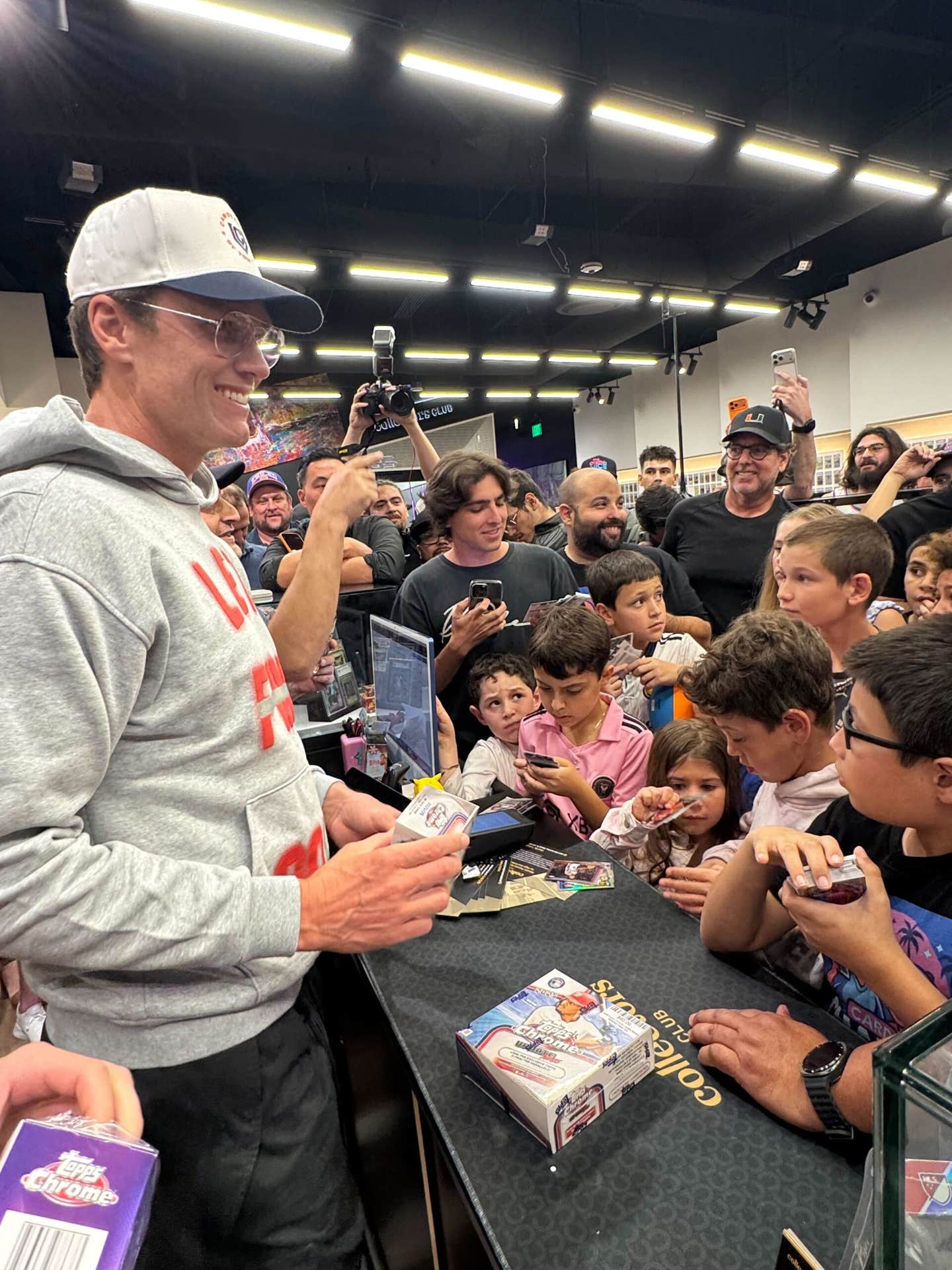News
Exclusive Interview With NBA’s Director of Trading Cards, Memorabilia
We all know that rookies capture the interest of collectors. Next season, the basketball card market will have a rookie performer that every collector will be watching closely.
This rookie, however, won’t be appearing on cards. Instead, this rookie will be the company producing the cards.
The NBA has signed a four-year trading card licensing agreement with The Panini Group, known best as a publisher of sticker products and comic books overseas. Panini will produce league-licensed trading cards, stickers and sticker albums beginning with the 2009-10 NBA season.
While the choice of Panini as a card maker surprised many in the hobby, the bigger surprise is who won’t be making basketball cards next season. Because the NBA’s contract with Panini is an exclusive agreement, neither Topps nor Upper Deck will be producing NBA-licensed basketball cards after this season.
As the new kid on the block, Panini will have to address its lack of experience in the card making industry from the outset. Upper Deck has been an NBA licensee since the 1991-92 season. Topps has been a licensee since 1992-93, but also produced NBA cards in 1957, and continuously from 1969-82.
Both Topps and Upper Deck said that while they were disappointed with the NBA’s decision, the announcement won’t impact the quality of products they produce for the remainder of this season. “Our focus remains on delivering great products to the loyal collectors and consumers who have passionately supported Upper Deck basketball products,” said Upper Deck’s VP of Sports, Bernd Becker. “We are confident the remaining 2008-09 NBA sets will be some of the best our industry has ever seen.”
So how did the NBA determine that such a dramatic shakeup was best for the basketball card market? SCD interviewed Lisa Goldberg, the league’s senior director of trading cards and memorabilia, and asked her to give us some background on the decision.
SCD: What was the process involved in choosing Panini over Topps or Upper Deck?
Goldberg: It’s no secret the card market has been on the decline for the past few years, so the league determined – and Topps and Upper Deck agreed – that going with one company as an exclusive licensee was the best way to go. So we began talking with those companies, and then Panini approached us and said they were interested in working with the NBA in the trading card category. They said they could help achieve our goal of expanding trading card sales overseas.
SCD: Panini is a virtual unknown in this country, especially in the trading card market. Were you surprised they wanted to get involved in the card market?
Goldberg: We were a bit surprised, but they’re a very powerful brand outside of the U.S., and they were a former licensee of ours in the sticker category. They’ve had a lot of success globally in transforming markets that weren’t performing very well into very profitable markets. They already have a powerful brand, so we were very interested in what they had to show us.
SCD: What were the factors that made you decide to go with Panini?
Goldberg: We’re a very global league, so we were looking at who could help us reach the largest global audience. Panini is a well-known brand overseas. They have had great success marketing those products to kids. We think that experience can help us overseas and in the U.S. market. In the end, we thought they were the best choice to help us get this category where we want it to be.
SCD: Did the fact you did not choose Topps or Upper Deck as your basketball card licensee mean you were unhappy with what those companies were providing collectors?
Goldberg: No, both companies have been very good partners with the NBA over the years. Choosing a third company was really a decision to choose a new direction. We’ve been hearing from the hobby that the card market needed a change. that we need to do something different. So maybe this is the right time for a change.
SCD: Isn’t there a bit of a risk involved in parting ways with the most experienced and recognized names in the card market?
Goldberg: There’s always that concern. But it’s no secret that the business has continued to go in the wrong direction and the talk has been, ‘What can we do different?’ So bringing in a new company is one way to bring some new ideas into the market.
SCD: Autographs and game-used memorabilia cards are such a big part of today’s market. Panini doesn’t have much experience in producing products with those elements. Have you made them aware of how important those ingredients are to today’s collectors?
Goldberg: Yes, they know that autographs and memorabilia are very popular and are a driver of sales in the basketball category. They’ll be addressing that and offering everything from high-end to lower-priced brands.
SCD: Some of the NBA’s most popular players – LeBron James, Kobe Bryant and Kevin Garnett – have exclusive deals with Upper Deck for autographs and game-used memorabilia for trading cards. Will Panini be able to use those players in its sets?
Goldberg: We’re still working on that. We know that’s an issue and a concern that many collectors have. Right now, it’s too early to say.
SCD: How many basketball card products will Panini produce next season?
Goldberg: Again, it’s too early for an exact number. It will probably be in the neighborhood of 15-20. The first product will be released sometime around the start of next season.
SCD: Panini will be expected to come up with advertising and marketing programs to drum up interest in its products and basketball cards in general. Any specifics on what those ads will look like?
Goldberg: It’s too early for any specifics, but it’s an unprecedented commitment on their part. They want to get the hobby involved in their programs. They want to find ways to get new collectors interested in the category. We plan on focusing with them over the next few months on what types of programs and marketing support is necessary.
SCD: Will we see any TV ads for basketball cards next season?
Goldberg: Perhaps. We’re going to look at TV, radio, in-store promotions, online ads and other ideas. We always assist our partners with those types of things. We work together and coordinate our ideas.
SCD: Is it safe to say you see a lot of new opportunities in the card market with Panini?
Goldberg: We’re very excited about the partnership and looking forward to great success with this.



